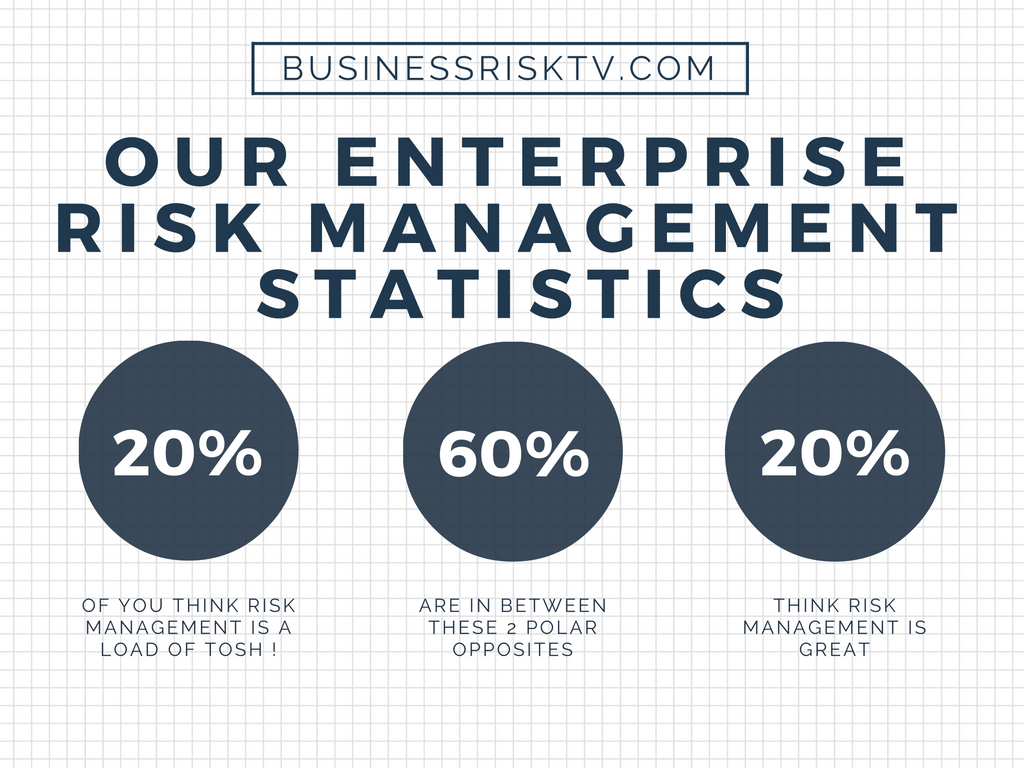A Spark in the Tinderbox: US-UK Strikes on Yemen Houthis and the Tangled Web of Global Risks
The recent US-UK airstrikes on Houthi rebel positions in Yemen have sent shockwaves through an already volatile region, igniting concerns about a wider escalation and its potential global ripple effects. While the immediate focus remains on the humanitarian crisis in Yemen and the uncertain trajectory of the conflict, the strike exposes deeper, interconnected threads: Iranian influence, Middle Eastern tensions, and a globalised economy precariously balanced on the edge. Exploring these connections reveals not only the potential for a cascading catastrophe like World War 3, but also the more tangible short-term risks of soaring inflation, disrupted supply chains, and a prolonged era of higher interest rates.
Fueling the Flames: Iran, Proxy Wars, and a Regional Tinderbox
The roots of the Yemeni conflict run deep, fuelled by a complex web of political grievances, sectarian divides, and external intervention. The Houthis, a minority Zaydi Shia group, rose to prominence in the late 2000s, clashing with the Sunni-dominated government and culminating in a full-blown civil war in 2014. Saudi Arabia, a regional heavyweight and Sunni power, intervened militarily in 2015, leading a coalition of mostly Arab states in support of the Yemeni government. The conflict has become a regional proxy war, with Iran backing the Houthis and seeking to counter Saudi influence in the region.
The US-UK strikes come against this backdrop of escalating tensions. Houthi rebels have stepped up attacks on commercial shipping in the Red Sea since the start of the Israel-Hamas conflict in October, targeting vessels in what they claim are retaliatory strikes against Israeli and Saudi Arabia. These attacks disrupt a vital global trade route, pushing up shipping costs and threatening fuel and other essential goods supplies.
The Iran Card: Global Calculus and the Escalation Ladder
Iran’s support for the Houthis casts a long shadow over the conflict. The US and its allies view Iran’s regional ambitions with deep suspicion, fearing attempts to destabilise the Middle East and challenge their interests. Any escalation in Yemen could draw Iran directly into the conflict, potentially triggering a wider regional war with devastating consequences. This fear factor plays a central role in the global calculus surrounding the airstrikes. While the US and UK maintain they aim to deter further attacks on shipping and protect commercial interests, their actions inadvertently risk stoking Iranian anger and pushing the region closer to a dangerous tipping point.
Beyond Borders: Tangled Threads and Unforeseen Consequences
The potential implications of a wider Yemen conflict extend far beyond the Middle East. Global energy markets remain under intense pressure, with rising oil prices fuelling inflationary pressures in major economies. Disruptions to Red Sea shipping could worsen these trends, further increasing energy and transportation costs and putting additional strain on already overstretched supply chains. The combination of higher inflation and slower economic growth could prompt central banks to raise interest rates faster and longer than previously anticipated, leading to financial instability and potential market crashes.
Moreover, the conflict casts a shadow on Chinese and Russian interests in the region. China enjoys strong economic ties with Iran and has invested heavily in infrastructure projects in the Middle East. A regional war could disrupt these investments and jeopardise China’s energy security. Russia, another major player in the region, maintains close ties with both Iran and Saudi Arabia, and a wider conflict could force it to navigate a delicate diplomatic tightrope.
World War 3: A Looming Specter or a Fear Mongering Fallacy?
The possibility of a World War 3 scenario triggered by the Yemen conflict might seem remote. However, it is crucial to understand the interconnectedness of the global system and how seemingly localised conflicts can quickly spiral outwards. Miscalculations, unintended consequences, and escalating proxy wars can create unpredictable chain reactions, dragging in major powers and unleashing devastating consequences. While the likelihood of a full-blown World War 3 may be low, the risk of a wider regional conflict that spills over into global economic and political turmoil remains a very real and concerning possibility.
A Call for De-escalation and Collaborative Solutions
The urgency of the situation demands a renewed emphasis on diplomatic efforts and de-escalation strategies. All parties involved in the Yemen conflict, including the Houthis, the Saudi-led coalition, Iran, and the international community, must come together to find a peaceful resolution. This will require compromise, dialogue, and a willingness to address the root causes of the conflict, including poverty, inequality, and the legitimate grievances of Yemen’s population.
Ignoring these realities and resorting to further military action will only lead to more death, destruction, and hardship for the Yemeni people. It will also heighten regional tensions, jeopardise global economic stability, and increase the risk of a disastrous escalation. The world cannot afford to stand idly by as Yemen becomes another tragic chapter in the long history of human conflict. We must collectively strive for a peaceful resolution that prioritises the suffering Yemeni people, protects vital trade routes, and prevents the devastating domino effect that could drag us all into a wider conflict. The stakes are high, and the time for action is now. Only through concerted diplomatic efforts, a collective commitment to de-escalation, and a genuine focus on addressing the underlying grievances can we extinguish the flames of war in Yemen and prevent them from engulfing the rest of the world.
Beyond the immediate need for de-escalation, the Yemen conflict offers an opportunity for reflection. It highlights the interconnectedness of our world, the fragility of global trade and security, and the urgent need for collaborative solutions to complex challenges. It is a stark reminder that conflicts, no matter how localised, can have far-reaching consequences, impacting economies, lives, and the very fabric of international order.
Investing in conflict prevention, promoting dialogue and understanding, and tackling the root causes of instability are critical steps towards a more peaceful and secure future. The lessons learned from Yemen must serve as a catalyst for proactive diplomacy, responsible global citizenship, and a renewed commitment to building a world where dialogue prevails over violence, and cooperation triumphs over division.
Get help to protect and grow your business
Subscribe for free risk alerts and risk reviews
Read more business risk management articles



